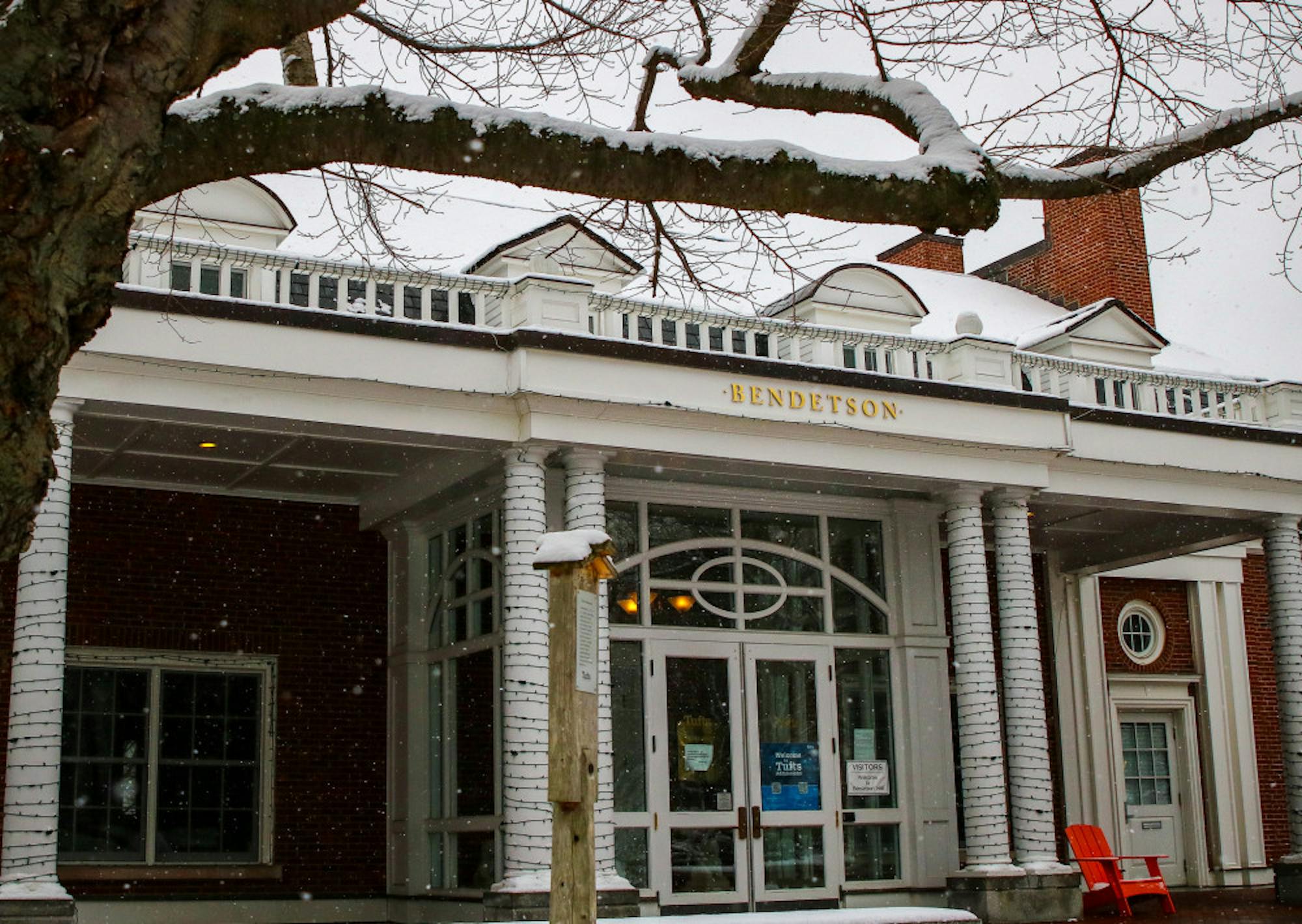Tufts announced on Jan. 17 that it received more than 34,000 applicationsfor the undergraduate class of 2027. The application pool is the university’s most diverse in history, according to Dean of Admissions JT Duck.
The applications, which represent Early Decision I and II as well as Regular Decision rounds, reflect “continued efforts to expand the pool to a wider and more diverse group of highly qualified applicants,” Duck wrote in an email to the Daily.
The Office of Admissions resumed in-person high school visits for this year’s admissions cycle, while continuing to conduct programming over Zoom.
“It was rewarding to resume our in-person efforts at high schools and college fairs while continuing to maintain our virtual programming that we expanded as a result of the pandemic,” Duck wrote.
The university also saw a 15% increase from last year in applications from American Indian, Alaska Native, Native Hawaiian and Pacific Islander students. Vernon Miller, director of the Indigenous Center, conducted outreach to Indigenous communities.
In an email to the Daily, Miller said his work included “Establishing relationships with Tribal communities/schools/organizations across the country, providing awareness of the Tufts Indigenous Center, promoting higher education at Tufts University through Tribal community visits, college fairs, presentations on various social media platforms, and through conversations with potential students and their families when they visited campus.”
“The Admissions office has been pivotal and extremely supportive of these efforts and the increased number of students considering and now attending Tufts is exciting,” Miller wrote.
Students of color comprise 56% of the application pool compared to last year’s 52%.
“The breakdown of the applications reflects both demographic trends at the high school level nationally and efforts on the part of Admissions and others at the university to make learning about Tufts easier and more accessible than ever,” Duck wrote.
Miller discussed the impact of a greater Indigenous student population at Tufts.
“Higher education can be profound in the transformative change Tufts Indigenous students and alumni have within their communities,” Miller wrote. “Whether that impact on communities and families be through new or further established career pathways, a change in the quality of life, and/or the redistribution of the attained knowledge/leadership, the core values, and complex histories that Indigenous communities hold, should be centered to ensure this impact is sustainable,” he wrote.
For the third year in a row, Tufts used a test-optional model, meaning students were not required to submit SAT or ACT scores with their applications. Applications will continue to be test-optional for at least the next three years.
The Office of Admissions will now begin reviewing applications. Students who submitted EDII applications will be notified of their decisions in mid-February, while those who applied in the Regular Decision round will be notified by April 1.






